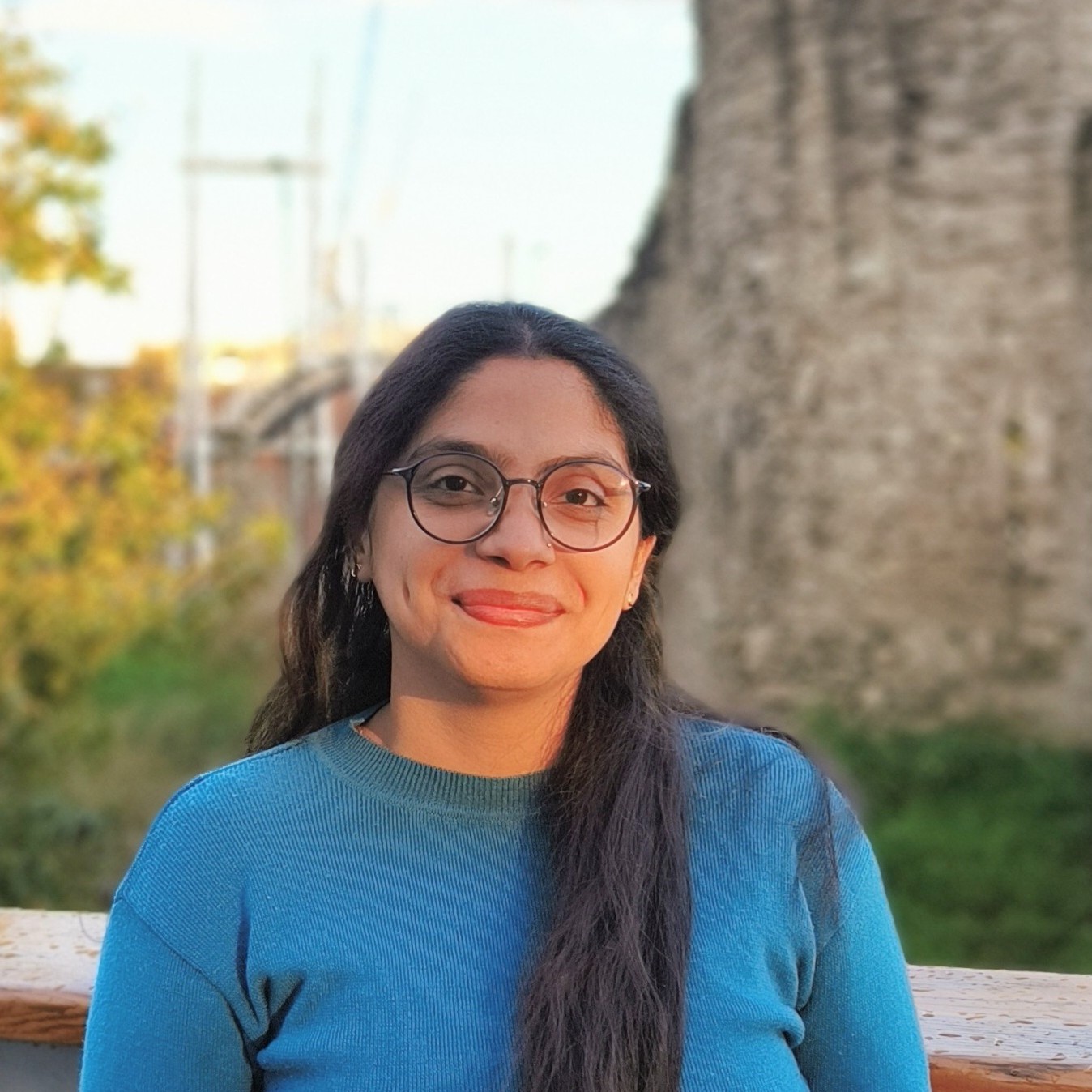Home
The second edition of Probabilistic Numerics Spring School and Research Workshop will take place in Southampton from 8th to 10th of April, 2024.
The school consists of two days of (in-person) lectures, keynotes, and tutorial sessions, on the 8th and 9th of April. It will be held in English, and is aimed at graduate students, researchers, and professionals interested in probabilistic numerical methods. Prior experience with probabilistic numerical methods is not a prerequisite. The school features lectures and keynotes by leading experts, and hands-on code tutorials. This makes the school an opportunity to quickly get up to speed with these methods, including concrete practical experience.
The school will be followed by a workshop on the 10th of April, 2024. The workshop offers a stage for advances in the probabilistic computation, by researchers working in the field. Both events (school and workshop) will be held in conjunction. There is no need to register for either of them separately, and participants are invited to participate in both parts.
Q: Am I interested in probabilistic numerical methods?
A: You might be interested in probabilistic numerics if you are also keen to (learn about) topics such as:
numerical analysis and scientific computing, uncertainty quantification, Bayesian inference, machine learning,
Gaussian processes, or probabilistic
programming. In particular, you may also be interested if you are a scientist working with simulation methods,
or a machine learning researcher interested in scientific applications of AI, or in large-scale Bayesian
inference.
Find out more about probabilistic numerics here, on
Wikipedia, or in the
book about the topic.
Q: What are the prerequisites?
A: You should be able to follow the tutorials with basic knowledge in linear algebra, probability theory, and
numerical analysis. If you are interested, but feel you do not have the required background yet, take a
look at Chapter I ("Mathematical Background") in the probabilistic numerics book.
The tutorials will involve programming exercises, largely in the python-based ML stack.
Registration
Registration for the school is now closed.
Location
The school and the workshop will be held at the Highfield Campus, University of Southampton, UK.
Organisers

|
Jon CockayneUniversity of Southampton ➔ Website |

|
Philipp HennigUniversity of Tübingen ➔ Website |

|
Ilse IpsenNorth Carolina State University ➔ Website |

|
Chris OatesNewcastle University ➔ Website |

|
Tim SullivanUniversity of Warwick ➔ Website |
Local Organisers

|
Disha HegdeUniversity of Southampton |
|
Funded by the Isaac Newton Institute of Mathematical Sciences |

|
|
This school and workshop is supported by the Computational Statistics and Machine Learning Section of the Royal Statistical Society |

|